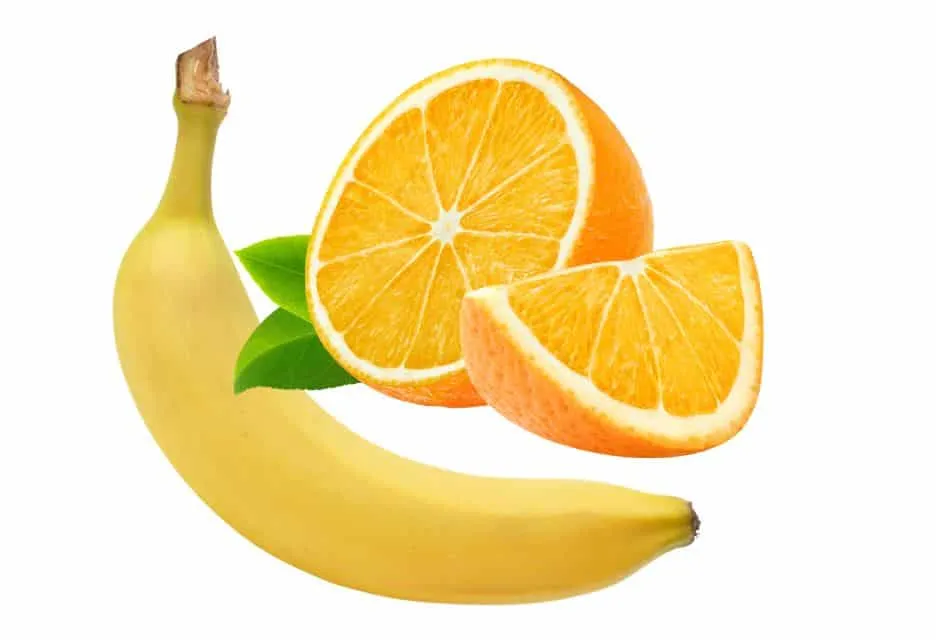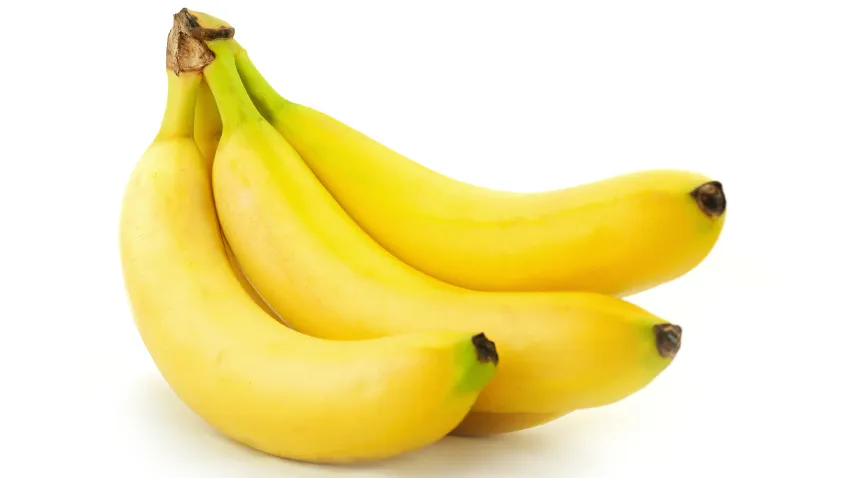Fruit Debunked: Can Bananas Really Be Considered Citrus Fruits?
Are bananas considered citrus fruits? This question has long been debated among fruit enthusiasts and health-conscious individuals alike. To shed some light on the matter, we will be exploring the characteristics and benefits of both bananas and citrus fruits.

First, we will define what constitutes as a citrus fruit and delve into their unique properties and health benefits. Then, we will take a closer look at bananas and their own set of beneficial attributes.
But the question remains – how do bananas compare to citrus fruits in terms of their characteristics and benefits? We will weigh the similarities and differences, and ultimately come to a conclusion on whether or not bananas can be classified as citrus fruits.
So if you’re curious to learn more about bananas and their relationship to citrus fruits, keep reading!
What are citrus fruits?
While the audience for this article may be looking to learn more about bananas, let’s take a moment to explore the world of citrus fruit. Citrus fruits are a diverse group of fruits that are prized for their juicy, acidic flavor and high vitamin C content.
Common examples of citrus fruits include oranges, lemons, limes, grapefruits, and tangerines. Each type of citrus fruit has its own unique flavor profile and nutritional benefits.
Citrus fruits are believed to have originated in Southeast Asia thousands of years ago and have since spread throughout the world. Today, they are grown in many different regions and countries including Spain, Brazil, China, and the United States.
In addition to being delicious on their own or as part of a recipe or beverage, citrus fruits also offer numerous health benefits. They are rich in antioxidants which help protect your body from damage caused by free radicals. They also contain flavonoids which can reduce inflammation in your body.
Overall, citrus fruits are an essential part of any healthy diet and offer both culinary versatility and nutritional benefits. So while you may have come here looking for information about bananas specifically – don’t forget to incorporate some zesty citrus into your next meal!
What are the characteristics and benefits of citrus fruits?
While the audience for this article may have initially been seeking information about bananas, it’s worth noting that citrus fruits like oranges, lemons, and grapefruits have their own unique characteristics and benefits.
One of the most notable characteristics of citrus fruits is their high levels of vitamin C. This essential nutrient plays a crucial role in immune system function, wound healing, and collagen production. Additionally, citrus fruits are often low in calories but high in fiber – making them a great choice for those looking to maintain a healthy weight or improve digestive health.
Beyond their nutritional value, citrus fruits are also known for their bright and refreshing flavors. Whether you’re enjoying a slice of orange on your morning yogurt or sipping on freshly squeezed lemonade on a hot summer day, these fruits can add zest to any dish.
But perhaps one of the most interesting benefits of consuming citrus fruits is their potential impact on mental health. Studies have shown that certain compounds found in these fruits – such as flavonoids – may help improve cognitive function and reduce symptoms of depression and anxiety.

Overall, there’s no denying the many benefits that come with incorporating more citrus fruit into your diet. From improved immune function to enhanced mental wellbeing, these deliciously juicy treats offer something for everyone to enjoy.
What are the characteristics and benefits of banana?
Bananas are a fruit that is beloved all over the world for their unique taste and nutritional value. Their characteristic shape, bright yellow color, and soft texture make them an easily recognizable fruit that is enjoyed by people of all ages.
One of the key benefits of bananas is their high fiber content. Fiber plays an important role in maintaining digestive health and helps to regulate blood sugar levels. Bananas also contain potassium, which is essential for maintaining healthy blood pressure levels.
Another benefit of bananas is their versatility in cooking. They can be eaten raw as a snack or incorporated into a variety of recipes such as smoothies, banana bread, or even used to sweeten oatmeal or yogurt.
In addition to being delicious and nutritious, bananas are also environmentally friendly. They require less water than many other crops and produce fewer greenhouse gas emissions during production.
Overall, bananas have numerous characteristics that make them a valuable addition to any diet. From their high fiber content to their versatility in cooking and minimal environmental impact, there are many reasons why people should consider incorporating more bananas into their daily routine.

How do bananas compare to citrus fruits in terms of characteristics and benefits?
The Ultimate Guide to Knowing When Your Banana Bread is Done: Tips and Tricks for Perfect Baking! »
Bananas and citrus fruits are both sweet, nutritious, and delicious. However, these two types of fruits differ in their characteristics and benefits.
Bananas are a great source of potassium, which is essential for maintaining healthy blood pressure levels. They also contain fiber that helps regulate digestion and keep you feeling full for longer periods. Additionally, bananas are rich in antioxidants that help fight off harmful free radicals in the body.
On the other hand, citrus fruits like oranges and lemons are packed with vitamin C, which is crucial for boosting your immune system’s function. This nutrient also plays a vital role in collagen synthesis that helps keep your skin glowing and youthful-looking. Citrus fruits also contain flavonoids that possess anti-inflammatory properties to reduce the risk of chronic diseases like heart disease.
While bananas have more potassium content than citrus fruit, citrus fruit has more vitamin C content than bananas. Both have their own set of nutrients that provide various health benefits to the body.
In conclusion, including both bananas and citrus fruit into your diet can provide you with an array of essential nutrients necessary for optimal health. So why not add them to your grocery list today?
In conclusion, is a banana a citrus fruit?
In conclusion, the answer to the question of whether bananas are citrus or not is a resounding NO. Despite their tangy, slightly acidic taste and their ability to produce citric acid, bananas do not belong in the same botanical family as citrus fruits like oranges and lemons.
Bananas are members of the Musaceae family, which includes other tropical fruits like plantains and jackfruit. Citrus fruits, on the other hand, belong to the Rutaceae family.
While both types of fruit offer numerous health benefits and can be enjoyed in a variety of ways, it’s important to understand their differences. By educating ourselves about these distinctions, we can better appreciate and make informed decisions about what we eat.
So next time someone asks you if bananas are citrus or not, you’ll know exactly what to say – they’re definitely NOT!
Check out our other articles to find out even more about banana.

While bananas do not fit the traditional concept of citrus fruit, they still boast impressive nutritional benefits and qualities that make them a great addition to any diet. From their sweet flavor to their high potassium content, it’s clear why people enjoy eating banana so much! If you want to learn more about this popular fruit, be sure to check out our other articles to find out even more about banana.











